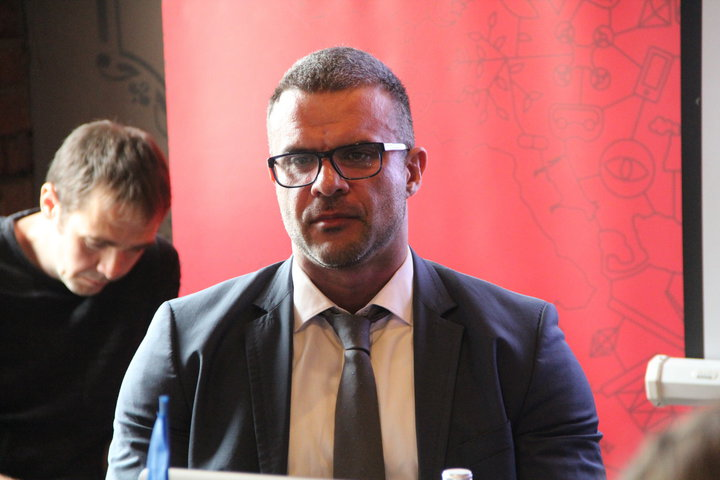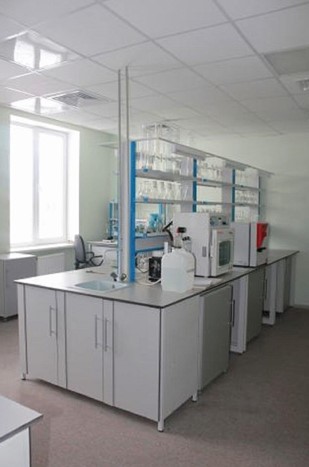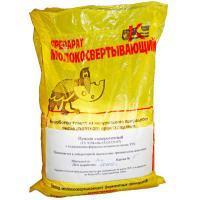Two scenarios, both not very optimistic. What awaits the Belarusian economy?
The Belarusian economy is expected to grow very slowly even if the baseline scenario is implemented. In case of any additional external shocks, we are going into a negative growth zone, said the DIRECTOR of the IPM Research Center, Alexander Chubrik, at the media breakfast "Reforms for 100 billion," organized by the IPM Research Center with the financial support of the EU.
The probability of a negative scenario for the world economy was estimated by IPM experts at 45%. "The probability that the world economy will enter a recession is higher than ever. The main risk is the escalation of trade wars between the US and CHINA," said Alexander Chubrik.
He stressed that the Russian economy, the key for Belarus, will not grow rapidly in 2020-2021, even in case of fiscal stimulus. The maximum is 1.9-2%. If the negative scenario is implemented, the growth in 2020 will be less than 1%. At the same time, the real incomes of Russians will continue to stagnate and decline, while the only incentive for the economy will be government spending.
Analyzing the state of the Belarusian economy, the expert noted that the key macroeconomic indicators, the real interest rate and the real effective exchange rate of the Belarusian ruble are close to their equilibrium values. There is a positive gap only in terms of real wages, which creates additional pressure on prices. However, Chubrick predicts that this parameter will come to the balance in 2020 as well.
The baseline scenario for the development of the Belarusian economy assumes a GDP growth of 1.5% in 2020, with a downward trend to 0% around 2021. it is calculated from several parameters:
- RUSSIA does not compensate MINSK for the consequences of the tax maneuver (according to the estimates of the NATIONAL BANK, the losses from the tax maneuver over several years reduce the potential GDP growth rate of Belarus by 0.3 percentage points per year);
- The Ministry of Finance will be able to implement a medium-term public debt management strategy, which envisages refinancing of 75% of the volume to be repaid each year over the next few years;
- The price of Urals oil drops to $61 per barrel in 2020 and $60 per barrel in 2021, while Belarus imports and processes 18 million tonnes of oil over the forecast period;
- Revenues from "redistribution" of 6 million tons of oil from 2020 will cease.
If the negative scenario is implemented, inflation is expected to be just under 4%, but GDP goes into minus in 2021 (minus 0.5%). At the same time, they will follow:
- Additional budget consolidation for the timely execution of debt obligations: that is, it will be necessary to reduce budget expenditures;
- additional weakening of the Belarusian ruble against the DOLLAR (by about 2%) due to the fall in external demand and lower inflation due to the fall in aggregate demand (including wage cuts) and some strengthening of the Belarusian ruble against the Russian one;
- additional reduction of the refinancing rate. [ADD-X]
Alexander Chubrik stressed that this "scenario is moderately negative with moderately negative GDP growth. In particular, both scenarios do not consider the situation in which the Ministry of Finance of Belarus won't be able to refinance the debts. However, the experts' optimism is restrained - the forecast does not contain an option for Minsk to still receive compensation for tax maneuver.
Only not pumping money with money
Mikhail Demidenko, Deputy HEAD of the Research Department of the National Bank, who for the second time took part in the IPM press breakfast, following the example of Mark Portia Katon Senior, who insisted that "Carthage should be destroyed", started and finished his speech by saying that all artificial incentives for the economy should be left in the past.
"Stimulating economic growth by increasing wages, by means of non-repayable national projects, and by printing money is no longer possible. Stimulation of domestic demand is very dangerous, it leads to great risks," the expert reminded.
In particular, he noted the risks of stimulating wage growth, especially now, when real wages have already increased by about 7% this year, which has some inflationary pressure, albeit slight. At the same time, the representative of the National Bank considers the level of wage increases for state employees, provided for in the budget of 2020, acceptable.

Mikhail Demidenko also noted that the global economy is not in for the best times, there are risks of recession. "That is, the external demand will fall, but there is no way to stimulate the economy of Belarus through domestic demand," he said.
At the same time, the economic bloc solves its part of the tasks on maintaining macroeconomic stability quite effectively, the expert believes. The Ministry of Finance is working on reducing the debt burden and implementing the strategy of debt refinancing. "This strategy is optimal and very reasonable," said Demidenko.
But in order for the economy not only to be stable, but also to grow, it must change structurally, its efficiency must increase. "Growth should not come at the expense of stimulating domestic demand. Belarus has other backlogs. The simplest thing is that there is a labor market, excessive employment at public sector enterprises. If these resources are used differently, the efficiency will increase. This is our reserve," summed up the representative of the National Bank.



























































